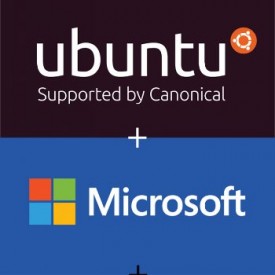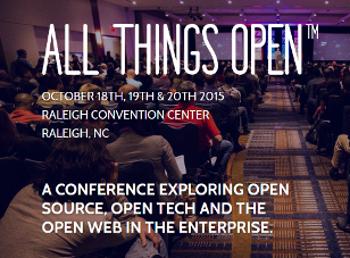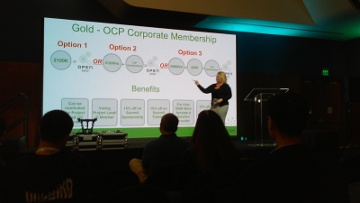Back when Edward Snowden first began revealing details of the depth of NSA spying on foreign governments and companies, as well as U.S. citizens, I said that this would end up costing U.S. tech companies dearly. Now we’re beginning to see just how much: $47 billion according to Forrester Research. As large as that figure is, it could have been worse. Back in 2013, the folks at Forrester were estimating that the stateside tech industry would take a $180 billion hit.
By design, the research company’s numbers don’t reflect the amount of money spent by U.S. taxpayers funding the NSA’s operations. Nor do they indicate how much of this $47 billion is being born by the likes of Microsoft and Oracle, as far as I can tell. What I do know is that many foreign governments have been publicly investing in Linux and open source projects since Snowden’s revelations that back doors for the NSA have been built into many proprietary U.S. enterprise software products.
Christine Hall has been a journalist since 1971. In 2001, she began writing a weekly consumer computer column and started covering Linux and FOSS in 2002 after making the switch to GNU/Linux. Follow her on Twitter: @BrideOfLinux


 Well, guess what? This sort of targeting is coming to your TV soon.
Well, guess what? This sort of targeting is coming to your TV soon.



 After being a two day event for its first two years, this year the event, which is staged by the Columbia, South Carolina based nonprofit IT-oLogy, will expand to take place over a three day period. In addition, the event is moving from midweek to the beginning of the week, and is scheduled to begin on Sunday, October 18th and run through Tuesday, October 20th.
After being a two day event for its first two years, this year the event, which is staged by the Columbia, South Carolina based nonprofit IT-oLogy, will expand to take place over a three day period. In addition, the event is moving from midweek to the beginning of the week, and is scheduled to begin on Sunday, October 18th and run through Tuesday, October 20th.



